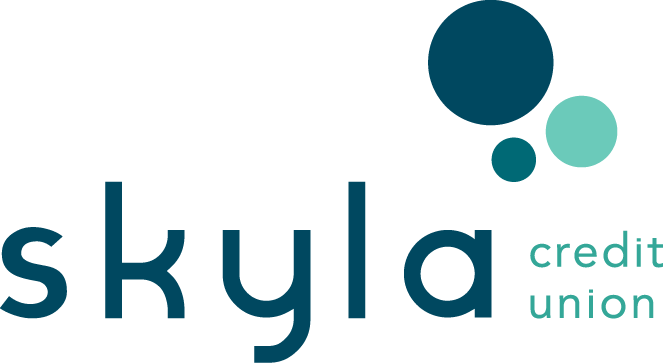Is My Money Safe at a Credit Union?
In an earlier article, I talked about the importance of finding a financial institution that fits your needs, serves your core values, and is somewhere you trust. Well… a big part of that trust includes knowing your money is protected.

Unfortunately, there have been instances where financial institutions have shut down due to various reasons, including credit risk, liquidity risk, and inefficient management. That history has developed a lack of trust between prospective account holders and financial institutions simply because who wants to place their money at an organization that could lose it all?
But not to worry - credit unions have robust security measures in place to ensure prospective account holders' money is safe. When placing your money at an institution, there should be no doubt that your money is safe, which is why you'll get a look at how both banks and credit unions are insured and how your hard-earned dough is protected either through the NCUA or FDIC.
 how are credit unions insured?
how are credit unions insured?
Like Skyla, credit unions are regulated by the National Credit Union Administration (NCUA). It's an independent federal agency created by the U.S Congress in 1970, insuring deposits at federally chartered credit unions. Credit unions are federally insured by the National Credit Union Share Insurance Fund (NCUSIF), which is backed by the full faith and credit of the U.S. government.
The bank equivalent is the (more widely known) Federal Deposit Insurance Corporation (FDIC). This agency was created by the Banking Act in 1933 and is also backed by the full faith and credit of the U.S. government.
 what types of accounts are insured?
what types of accounts are insured?
Since the NCUA and the FDIC are insured by two separate agencies, they both have a standard insurance deposit limit and a number of accounts that are covered. Here’s a look at what they are:
- NCUA insures up to $250,000 per depositor, per institution, per ownership category (the single or joint account owner)
- FDIC insures up to $250,000 per depositor, per FDIC- insured bank, per ownership category. Here's a breakdown of the insurance coverage by account ownership.
Psst... At Skyla, we take it one step further. For those customers with higher deposits, Skyla has an additional $250,000 deposit insurance through Excess Share Insurance Corporation (ESI). This means your deposits are insured up to $500,000 at no additional cost to you.
Accounts FDIC and NCUA Will Insure: |
 how do i know if the institution is insured?
how do i know if the institution is insured?
Financial institutions will have the NCUA or FDIC logos listed on their site (typically on the header or footer) and regulatory signage in branches. If you still need assistance determining which credit union or bank is insured, both NCUA and FDIC have tools available for you to find an insured financial institution:
on that note... are you ready to protect your money?
Whether your money is at a credit union or bank, make sure the financial institution is insured. Remember, banks are insured by the FDIC, and credit unions are insured by the NCUA.
Having trouble deciding where to put your money? Here's an honest, unbiased look at the Difference Between Credit Unions and Banks to help you determine which institution is best for your banking needs.
As the Content Specialist and author of the Learning & Guidance Center, Yanna enjoys motivating others by uncovering all that's possible in the world of finance. From financial tips and tricks to ultimate guides and comparison charts, she is obsessed with finding ways to help readers excel in their journey towards financial freedom.
more resources for your financial journey
How Is a Credit Union Different Than a Bank?
Don’t know how credit unions differ from banks? This article answers your credit union questions and will help you determine if credit unions are a valuable and viable option for your banking needs.
7 min. read
What Does It Mean to Be a Credit Union Member?
Heard about credit unions but you don’t know what it means to be a member? Don’t know what it means to be a credit union member? Find out what membership entails including how to open an account to help you determine if credit unions are for you.
6 min. read






.png)